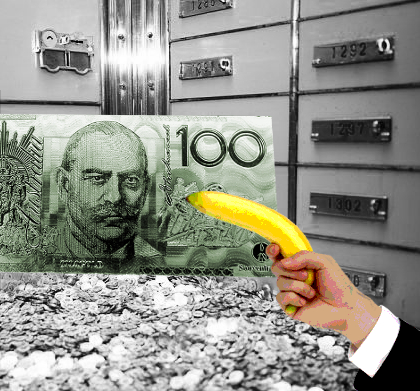CPA boss defends big pay

Angry CPA members forced the public exposure of the pay and bonuses awarded to the not-for-profit accounting body’s board this week.
The rotund paypackets Mr Malley and other directors and executives of the accountancy body enjoy were revealed in a 32-page booklet sent to members this week, following a request for information by CPA member Brett Stevenson under the Corporations Act on April 28.
Mr Stevenson said Mr Malley’s $1.8 million earnings put him in “a league of his own in terms of remuneration excess”, taking home more than double the CEO of rival accounting group CAANZ.
Other unnamed executives received between $450,000 and $550,000, and four more received between $350,000 and $450,000.
CPA member Chris Catto said the figures show pay for the board and 20 executives were close to $12 million - about 70 per cent of the amount CPA spends on training and development for its 160,00 members.
“Salaries are all based on performance first of all,” Mr Malley told the ABC.
One of those performance indicators is the number of members the organisation has attracted.
CPA Australia says it currently has “over 160,000” members, after an increase of 45,000 over the past four years.
But CPA Australia documents from four years ago state it had “more than 144,000 members”.
This could have come from people both joining and leaving the CPA over that period, but Mr Malley has been keen to highlight the organisation's “98.3 per cent” membership retention rate.
“We stand by our figures, they're out, recorded they are public,” he said.
“We have had an increase of that size and we have recorded it several different ways and we are comfortable with that reporting.”
Mr Malley said CPA had raised $60 million in surplus in eight years, which “is double what we achieved 120 years before that”.
Disgruntled members were not appeased by the revelation, saying that because the CPA is a not-for-profit, the celebrated surplus came from overcharging beholden members, not commercial activity.







 Print
Print